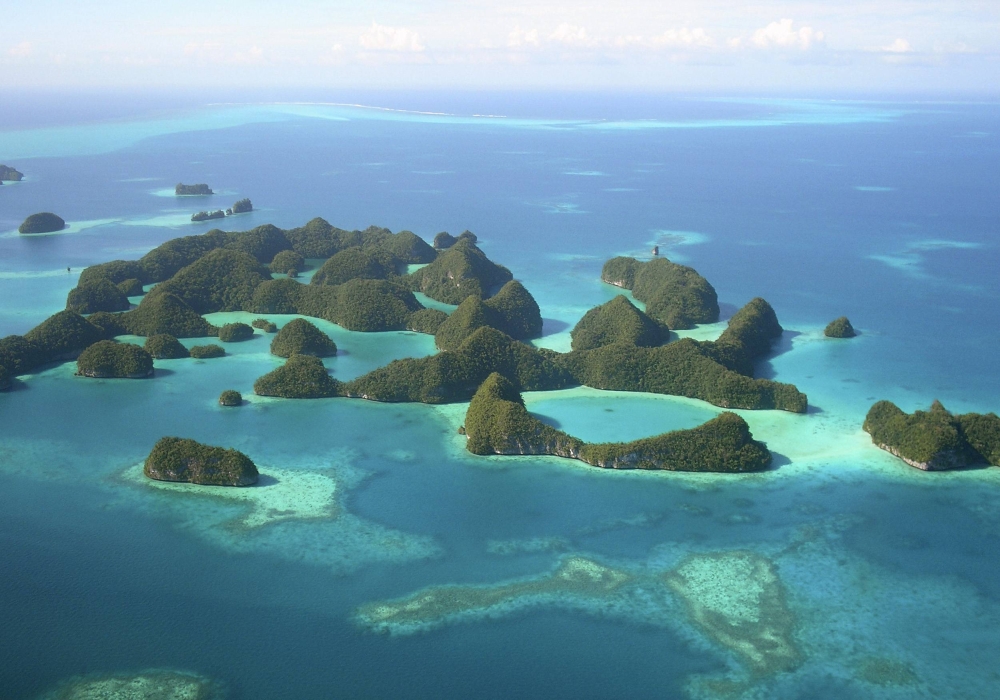The island nation of Palau made history this week when it became the first country to ratify last year’s historic United Nations treaty for the protection of the Earth’s oceans.
The so-called High Seas Treaty was adopted by U.N. member states in June, after more than 15 years of discussions.
It can go into effect 120 days after being ratified by 60 countries — a goal activists hope to reach by 2025.
The official U.N. website listing international treaties shows the tiny Pacific archipelago nation of Palau as having ratified the treaty on Monday.
The high seas are defined as the ocean area starting beyond countries’ exclusive economic zones, or 200 nautical miles (370 kilometers) off coastlines — covering nearly half the planet.
Nonetheless, they have long been ignored in discussions on the environment.
A key tool in the treaty will be the ability to create protected marine areas in international waters, only around 1% of which is now protected by any sort of conservation measures.
Palau’s leaders “have demonstrated their nation’s commitment to restoring ocean health so that it can continue to sustain billions of people worldwide and protect us from the worst impacts of climate change,” said Rebecca Hubbard, director of non-governmental coalition High Seas Alliance.
The treaty is seen as crucial to reach the goal of protecting 30% of the world’s oceans and lands by 2030, as agreed by governments in a separate historic accord on biodiversity reached in Montreal in 2022.

